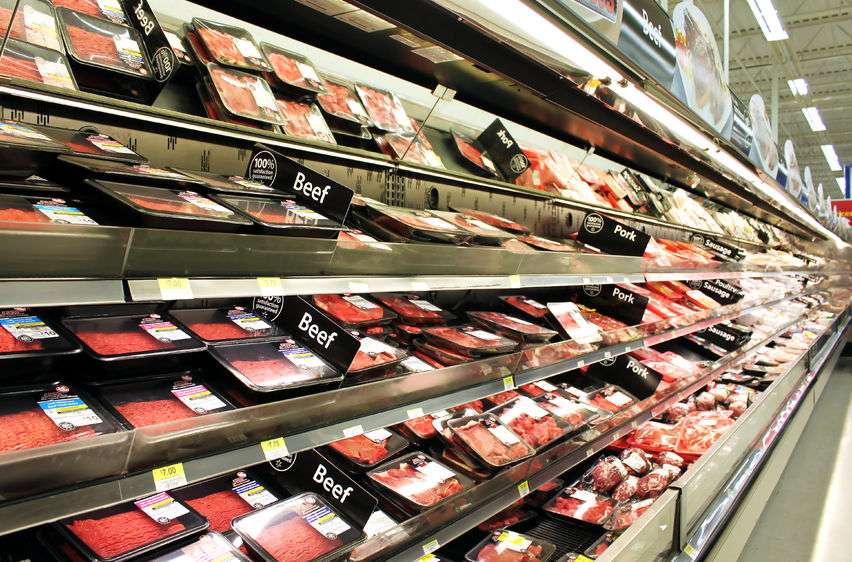
New EU rules to stop supermarket giants squeezing suppliers will continue to protect UK farmers and growers after Brexit, a British MEP has said.
An agreement on the Unfair Trading Practices Directive to help promote fair practices in business-to-business relationships in the agriculture supply chain has been confirmed, following intensive talks by the EU's institutions.
Anthea McIntyre MEP, Conservative agriculture spokesman in Brussels, encouraged legislators to follow the model of the UK’s Groceries Supply Code of Practice (GSCOP) which protects farmers in their dealings with the top 12 biggest supermarkets.
She told the EU's Agriculture Committee: “I have been proud to see the commission and the parliament use the UK’s Code of Practice GSCOP as one of the bases for this legislation. The EU has recognised the UK as a good example and a leader in combatting unfair trading practices.
“The directive will protect suppliers with a turnover of up to €350 million from buyers who are substantially larger than they are. I believe this will cover all the Producer Organisations (POs) in the UK.
“Most importantly, the directive covers suppliers who are outside the EU supplying buyers inside the EU. This ensures that even when the UK leaves the EU our farmers and growers will be protected when trading with our European partners,” she said.
The directive represents a minimum harmonisation, which means that EU member states may go further to protect their farmers and growers if they choose.
In its detail, it groups all suppliers and retailers into six categories according to their turnover in euros from 0 to 2 million, 2-10 million, 10-50 million, 50-150 million, 150-350 million, and 350 million upwards. Each supplier will be protected in the event that its buyer falls into a higher turnover category.
The unfair trading practices that are outlawed are:
• The non-respect of a 60-day payment term for non-perishable products;
• Payment for services not provided;
• Buyer refusal to provide a written contract on request.
• Misuse of supplier’s confidential information by the buyer;
• Commercial retaliation or even the threat of such retaliation if the supplier makes use of the rights guaranteed.
• Payment by the supplier for the examination of customer complaints which are not due to the negligence of the supplier.
• Payment delays for perishable products (over 30 days);
• Unilateral and retroactive changes to supply agreements;
• Cancellation of orders for perishable products with short notice;
• Payment for the deterioration of products already sold and delivered to the buyer.
The directive is now expected to be voted upon in the European Parliament in March.
